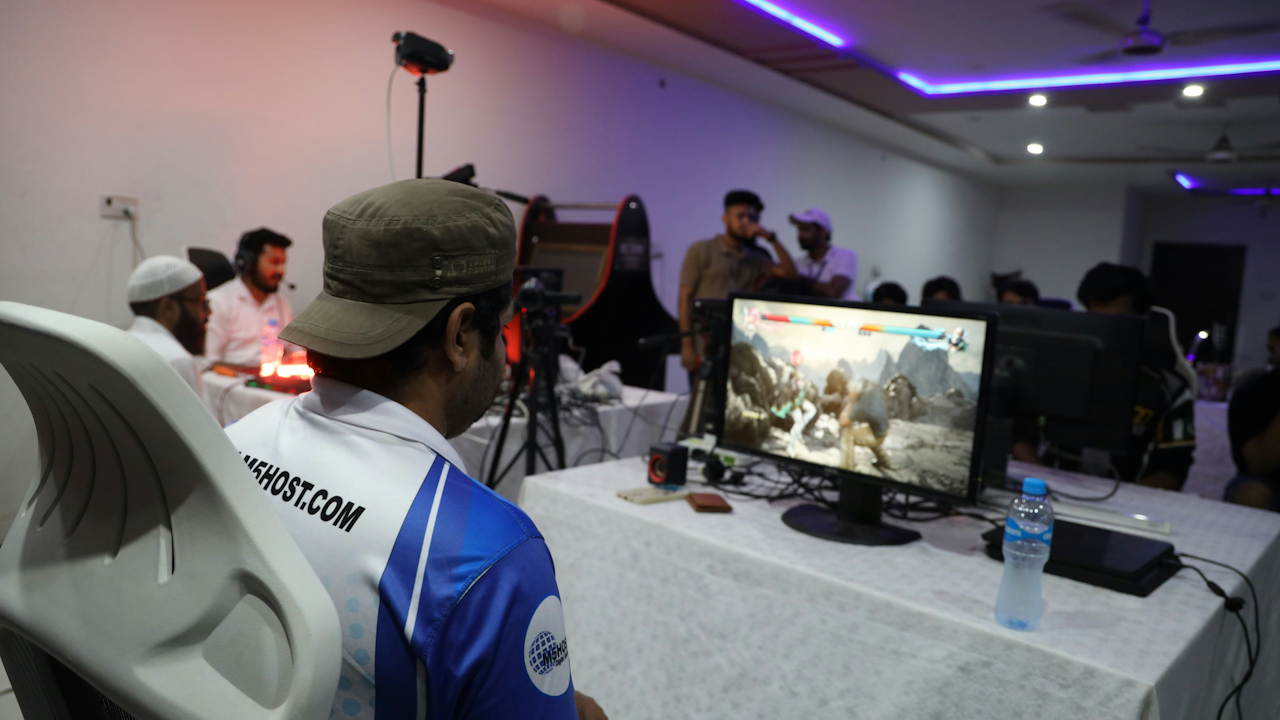The culture of esports has undergone a remarkable transformation over the past decade, evolving from a niche pastime for dedicated gamers into a mainstream global phenomenon. What was once dismissed as a trivial hobby now commands a massive following, attracting millions of spectators, professional players, and significant financial investment. This shift is rooted in the unique culture that has developed around competitive gaming, a culture that mirrors traditional sports in many ways while forging its own distinct identity.
The Foundations of Esports Culture
At its core, esports culture is built on community and competition. Early on, this community was largely confined to online forums, LAN parties, and dedicated gaming websites. Players and fans would gather to discuss strategies, share highlight reels, and support their favorite teams. This environment fostered a sense of belonging and mutual understanding, as participants shared a passion for the games and a deep appreciation for high-level play.
The competitive spirit is the engine that drives this culture. Just like in traditional sports, esports fans follow professional players and teams with fervent loyalty. The thrill of watching a clutch play, the agony of a last-second defeat, and the narrative of an underdog team’s rise to glory are all central to the esports experience. This creates a compelling storyline that keeps fans engaged and invested.
Professionalization and Mainstream Recognition
The transition to the mainstream began in earnest with the professionalization of esports. The introduction of organized leagues, structured tournaments, and significant prize pools transformed gaming from a hobby into a viable career path. This professionalization brought with it a level of polish and spectacle that captured the attention of a broader audience. Major tournaments now fill arenas typically reserved for traditional sporting events and feature high production value, including professional casters, elaborate stage designs, and live musical performances.
This formal structure also led to the development of a more sophisticated esports ecosystem. Team organizations, many of which are now publicly traded or owned by major investment groups, manage rosters, secure sponsorships, and build brands. The players themselves have become professional athletes, complete with coaches, analysts, and training regimens focused on physical and mental performance. This level of professionalism has helped legitimize esports in the eyes of the public and media.
The Fan Experience and Media Landscape
The fan experience in esports is a blend of traditional sports spectating and modern digital culture. While a significant portion of the audience watches live streams on platforms like Twitch and YouTube, a growing number attend live events. These events are not just about watching a game; they are social gatherings where fans can connect with others who share their interests, meet professional players, and immerse themselves in the world of their favorite games.
The media landscape has also adapted to the rise of esports. Dedicated esports news outlets, documentary series, and content creators provide 24/7 coverage of the scene. This constant stream of content, from match recaps and player interviews to deep-dive analyses and opinion pieces, keeps the community engaged and informed. The accessibility of this content, often available for free on various digital platforms, has played a crucial role in expanding the reach of esports culture.
A Global Cultural Impact
Esports culture is a global phenomenon, transcending geographical and linguistic barriers. Major tournaments draw competitors and viewers from all over the world, with different regions developing their own unique strengths and fan bases in specific games. This global reach has fostered a diverse and inclusive community, where players and fans from different backgrounds come together over a shared passion.
The cultural impact of esports extends beyond the gaming world. It has influenced fashion, music, and even language, with gaming terms and memes becoming part of the broader online lexicon. The success of esports has also led to academic programs and scholarships, demonstrating its growing acceptance as a legitimate field of study and professional pursuit.
In conclusion, the journey of esports culture from a niche interest to a mainstream powerhouse is a testament to the power of community, competition, and innovation. As technology continues to evolve and new games emerge, the cultural landscape of esports will undoubtedly continue to grow and adapt, solidifying its place as a dominant force in modern entertainment.


